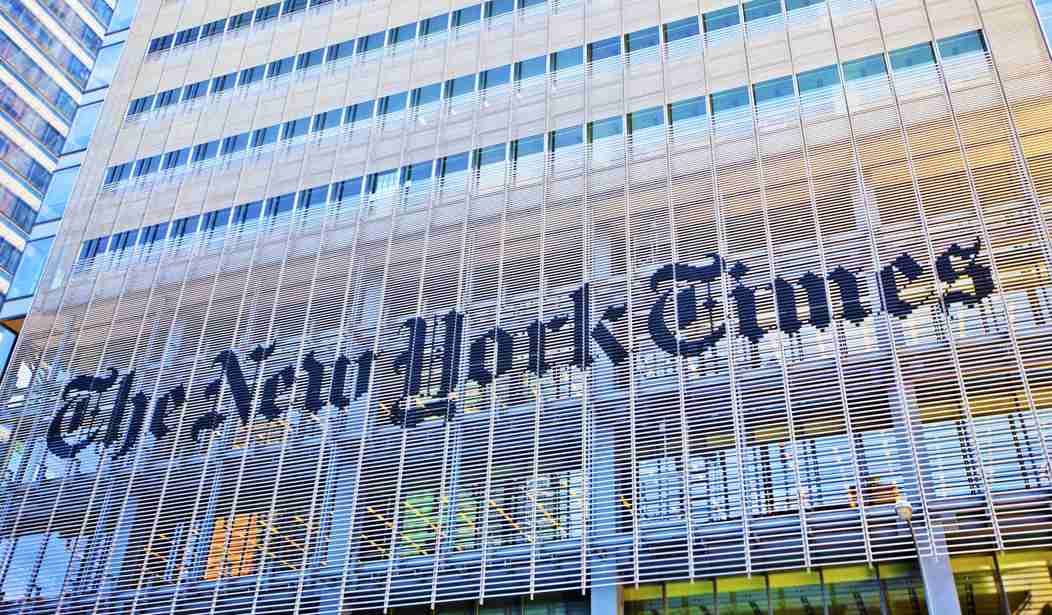It is one of the most hallowed precepts in modern constitutional law: Freedom of speech may not be curbed unless it poses a “clear and present danger” — an actual, imminent threat, not the mere advocacy of harmful acts or ideas. But in response to the Islamic State’s success in grooming jihadists over the Internet, some legal scholars are asking whether it is time to reconsider that constitutional line.
Appeals for a tougher response to the Islamic State’s online recruiting efforts have, not surprisingly, emerged from the political realm. Donald J. Trump said the government should call on Bill Gates and others to somehow close off dangerous Internet sites, and called First Amendment concerns foolish. Hillary Clinton said the government should work with host companies to shut jihadist websites and chat rooms. That would be constitutional if voluntary, legal experts say, but not if the government exerted pressure on private firms to cooperate in censorship.
Some security experts called on YouTube to ban videos of lectures by Anwar al-Awlaki, which helped radicalize the attackers in San Bernardino, Calif., and many others.
Recently, though, a few legal scholars, too, have engaged in what others call First Amendment heresy. What does clear and present danger mean when terrorists are provoking violence over the Internet? Should not the government have a way, they ask, to block messages that facilitate terrorist acts?
Let’s stop right there. Since 9/11, the federal government has seized upon a cowardly, craven act carried out by soldiers of Allah, most of them from Saudi Arabia: because of the actions of the 19 hijackers, the civil liberties of Americans have been drastically curtailed by such bureaucratic monstrosities as the TSA and the Department of Homeland Security. But rather than go after the evil at its source, the American government — cheered on by both left and right — prefers to punish its own citizens.
A more forceful case and a legislative proposal were put forth by Eric Posner, a professor of law at the University of Chicago, in an article for Slate. “Never before in our history have enemies outside the United States been able to propagate genuinely dangerous ideas on American territory in such an effective way,” Mr. Posner wrote. The Islamic State’s ability to spread “ideas that lead directly to terrorist attacks,” he said, “calls for new thinking about limits on freedom of speech.”
Mr. Posner supported urging companies like Facebook and YouTube to crack down on propaganda by the Islamic State, which is also known as ISIS or ISIL, but said that could never be fully effective. He proposed, in addition, passing a law to deter potential consumers from viewing dangerous sites. While the law would apply to all Internet users, his goal, admittedly limited, is to head off the radicalization of those he described as “naïve people” who research the Islamic State out of curiosity, “rather than sophisticated terrorists.”
Any sensible person can see at a glance that this is merely a leftist stalking-horse argument, designed to be used at the first opportunity at its enemies on the right. Who defines which sites are “dangerous”? The feds? The Southern Poverty Law Center? The mind boggles at the effrontery of it all.
Rather than thinking about “limits on freedom of speech” — ban it! outlaw it! forbid it! are the left’s reaction to everything it hates — let’s treat treat these incitements as the ongoing acts of war they really are: a war being waged on America and the West by the forces of Islam, most often with at least tacit governmental sanction.
We know who the bad guys are, and have since Sept. 11, 2001, if not even earlier. It’s time for the next president to do something about them.









Join the conversation as a VIP Member